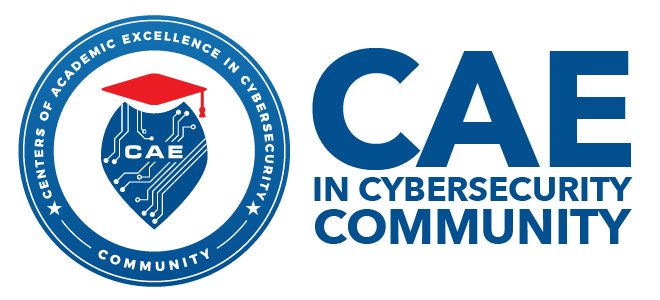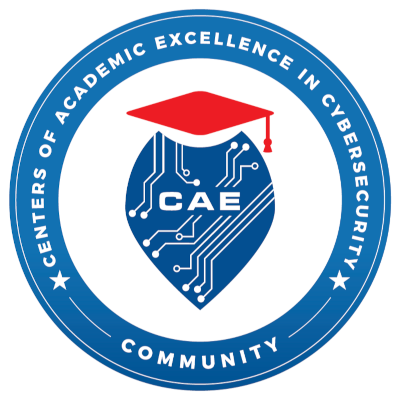The HBCU Artificial Intelligence and Cybersecurity (AI-CyS) Research Partnership consists of the following universities: Hampton, Florida A&M, Winston Salem State, University of District of Columbia, Mississippi Valley State, Norfolk State, and Howard universities working together to increase each of our individual institute’s research capacity and enhance our research collaboration. This Collaborative Research Project leverages the collaboration between HBCUs and national research laboratories (Lawrence Livermore and Brookhaven) to increase research capacity from corresponding Minority Serving Institutions by “capitalizing on the synergies from current HBCU collaborations” to investigate the use of Artificial Intelligence, specifically Machine Learning, to address cybersecurity challenges. Collaborations with national research laboratories support professional development through knowledge acquisition for enhancing the research capacity of the HBCU faculty. The project’s activities include (A) increasing institutional research capacity at HBCUs in AI and cybersecurity and fostering the collaboration among HBCU faculty as well as with the national research laboratory; (B) increasing the number of students, especially undergraduate students from underrepresented groups in conducting research; and (C) providing students with mentoring from their own HBCU, partnered HBCU, and mentors from the national research laboratory. We are engaging in the following research projects: (1) Reinforcement Learning Autonomous Cyber Security Agents, (2) Exploration of Ways to Disambiguate Traceroute Data for Improved Understanding of Computer Networks, (3) the Universal Adversarial Patch Attack, and (4) (Surveillance) Videos Authenticate in Near Real-time. With the low engagement of researchers from under-represented groups, this project aims to use this partnership of universities that predominantly serve African Americans, not only to increase research in AI and cybersecurity, but also to attract other computing students, and even other STEM disciplines. It is expected that each HBCU will be able to build on its initial research and obtain additional research funding support to continue and add-on to its research capacity.
Chutima Boonthum-Denecke, Idongesit Mkpong-Ruffin
PDF Document
Friday Block I
10:15 am ~ 10:55 am
Designation Track
Duration
20

